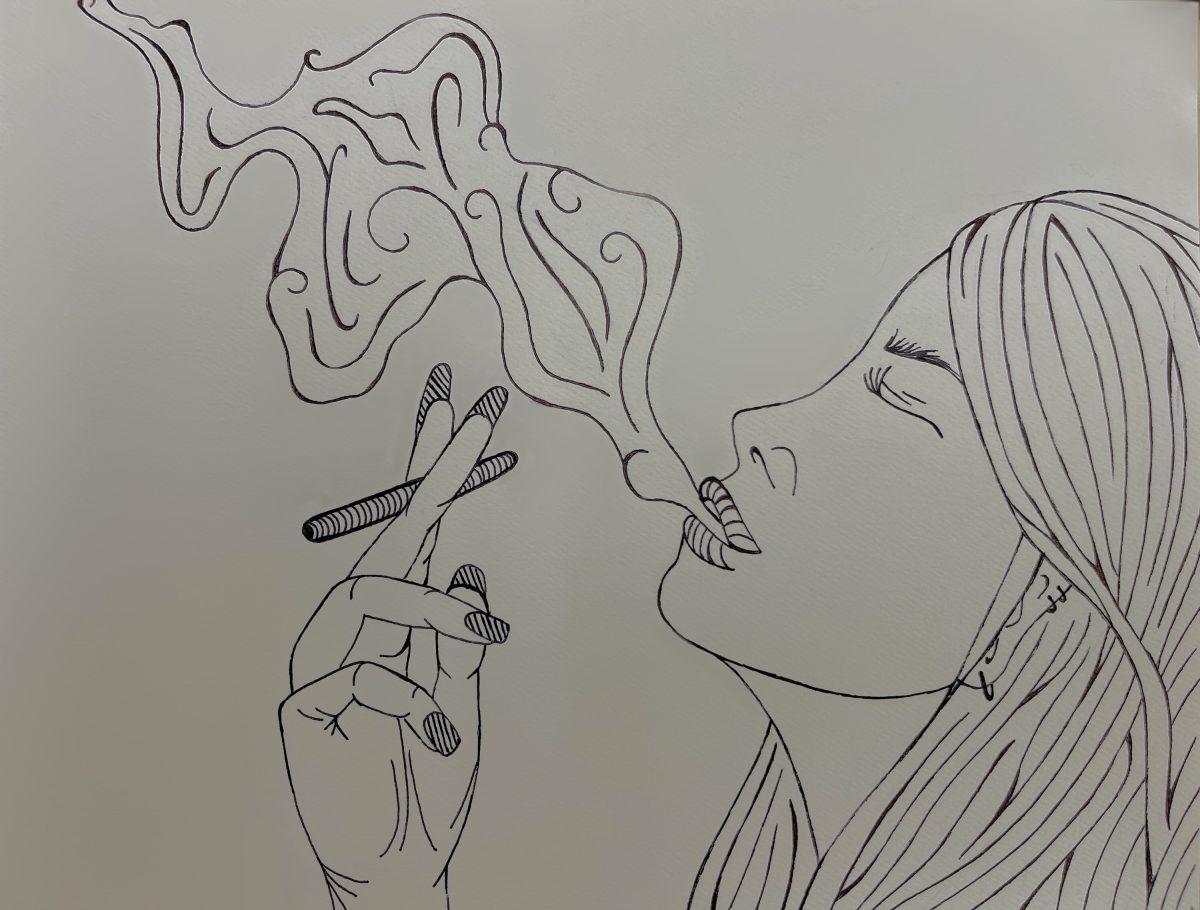No matter the year or the people, premature opinions of any grade will always be widespread around campus. These stereotypes can range from the sports that people are most likely to play, to the grades they earn, or the things that students find humorous.
At the back-to-school rally, the other classes, including the sophomores who were freshmen less than three months earlier, yelled “Go home freshmen!” implying that the freshmen are too immature for high school and belong back in middle school. This can be emotionally painful for students trying to find their place in a new school, which maybe difficult and scary.
A new stereotype can be easily created following the poor actions of the minority of a group, and these views often last for long periods of time. When the freshmen last year were misbehaving off-campus, the entire class was blamed, not just the people responsible. There are also stereotypes that are assigned to a class no matter the year, such as the junior class and their higher stress levels.
Even after being the students targeted by these negative stereotypes in the past, why do the other classes continue to act the same way? Simply put, it is tradition. If the class before us did it, we apparently have to do it as well. These perspectives may be false, but they are believed by many who easily conform to the ideas of others or take jokes too seriously.
Stereotyping leads to the loss of individuality in those who truly believe that these interpretations of their character are true. After an extended period of time where someone is constantly being called the same insulting nickname, they may unconsciously adjust their lives to fit in with what the oppressor is telling them. There are always those friends that seem to have the exact same personality because they spend so much time together. This is how these changes grow. According to research published in the Handbook of Motivation and Cognition, “we routinely categorize outgroup members, thus making them appear more cognitively similar.”
In an age when people are completely free to spread their opinions digitally with barely any consequences at all, it is no wonder that certain stereotypes can be seen worldwide. This idea is visible almost everywhere online on social media websites. For example, when one person posts a meme about a certain age group, the next day there are hundreds of copy-cat posts with the exact same idea or joke.
It may seem completely harmless online, but once students return to school and have the opportunity to give these seemingly humorous comments directly to those who they make fun of, they can hurt people’s feelings or be detrimental to their mental health. While some students may agree with the joke, others may be offended and take it very personally. When a person comes up to you and says something like “Your class sucks!” it hurts, whether you fit the implied stereotype or not.
Students may begin to believe these false statements about themselves and there is potential for issues with self-image and mental health. This generation is much more sensitive to and knowledgeable of mental health, which means we should be able to see the effects of our words and actions and realize that they are wrong. How would it feel if you were labeled as someone who constantly discourages other students with comments that are detrimental to their feelings?





































